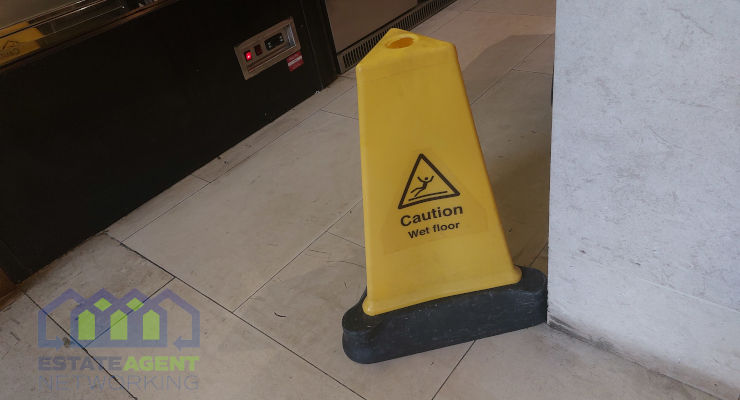How Estate Agents Can Manage Conflicts Over Property Boundaries
Boundary disputes can quickly become a significant source of tension in property transactions. Estate agents are often in the perfect position to address these conflicts early on and ensure smoother property deals. By taking a proactive approach and offering expert guidance, you can help your clients navigate these tricky situations with confidence.
Identifying Potential Property Boundary Issues Early
Spotting potential property boundary issues before they escalate is crucial. Estate agents should familiarise themselves with the details of the property boundaries in question. Reviewing title deeds, site plans, and boundary maps can often reveal inconsistencies or unclear markings that could later lead to property disputes.
This early identification saves time and helps avoid unnecessary stress for all parties involved. It’s essential to raise any concerns immediately, allowing the opportunity to resolve matters well before contracts are exchanged.
Effective Communication Strategies With Clients and Neighbours
Clear communication is key when managing property disputes. As an estate agent, your role is to ensure clients, and their neighbours understand the details of the property boundary. When issues arise, maintaining open lines of communication can help prevent misunderstandings from escalating into larger conflicts.
Encourage clients to engage in direct and respectful conversations with their neighbours, outlining any concerns about boundary lines. Sometimes, simple discussions are enough to clear up confusion, without the need for legal action. However, if conversations are not resolving the issue, it may be time to explore further dispute resolution options.
Navigating Legal Aspects of Property Boundaries
While estate agents aren’t legal experts, having a basic understanding of the legal framework surrounding property boundaries can help you advise clients effectively.
Boundary laws and regulations can vary, but staying informed allows you to guide clients through the steps they may need to take in resolving a property-related dispute.
When legal complexities arise, the best course of action is often to direct clients to seek independent legal advice or consult a property law professional to help them with their property-related disputes. Ensuring they understand the potential costs and outcomes of pursuing a legal resolution can also help manage expectations.
Mediating Disputes to Avoid Escalation
Not all disputes need to go to court. In fact, mediation is often a much more efficient and cost-effective way to settle property disputes. Estate agents can play a pivotal role by suggesting mediation, helping keep conversations focused and solutions-oriented.
You can help both parties reach a mutually acceptable agreement by offering neutral ground and facilitating discussions. Mediation also prevents long, drawn-out legal battles, which can be draining for all involved.
Leveraging Professional Surveyors for Resolution
Bringing in a professional surveyor can provide a definitive solution when boundaries are unclear. Surveyors use precise measurements and tools to determine where legal boundaries lie, providing a clear and unbiased assessment that can settle disputes definitively.
Encourage your clients to use a qualified surveyor if boundary issues remain unresolved. A surveyor’s report can often act as the final word in these situations, giving both parties the clarity they need to move forward.
Managing property disputes as an estate agent requires early action, effective communication, and a thorough understanding of potential solutions. By guiding clients through these challenges, you can help ensure a smoother and more successful property transaction.









